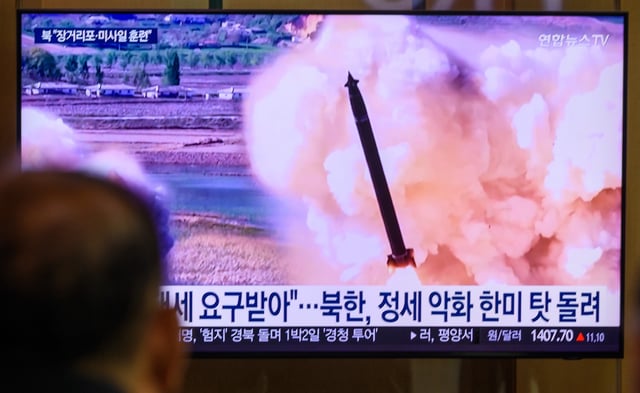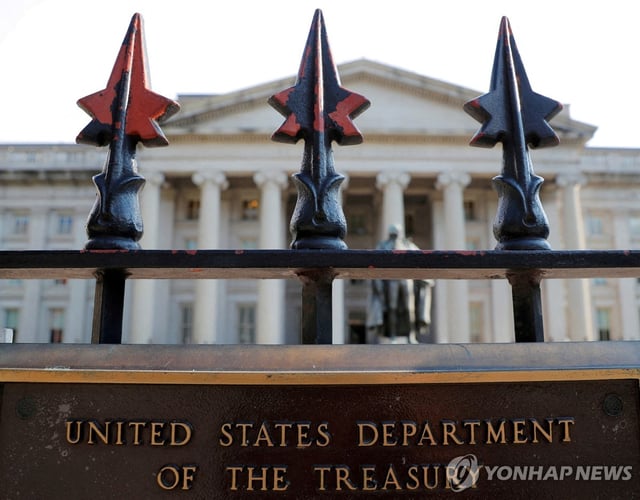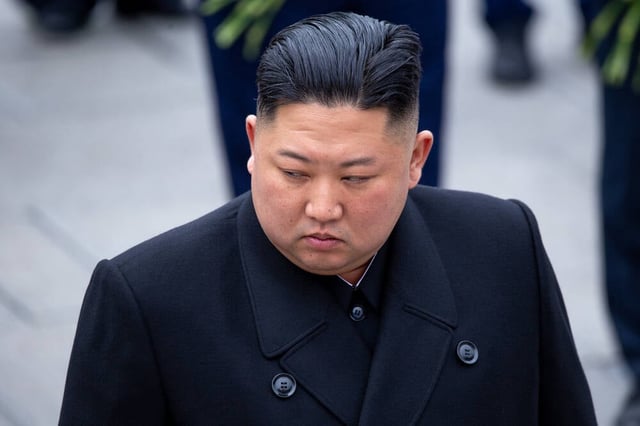Overview
- OFAC designated North Korean national Kim Ung-sun, Russian national Vitaliy Sergeyevich Andreyev, Korea Sinjin Trading Corporation, and China-based Shenyang Geumpungri Network Technology.
- Treasury alleges Andreyev worked with Kim to convert roughly $600,000 into cryptocurrency and to route payments to the previously sanctioned Chinyong Information Technology Cooperation Company.
- Shenyang Geumpungri is described as a Chinese front for Chinyong’s delegation of North Korean IT workers, while Korea Sinjin operates under the regime’s General Political Bureau and has directed deployments.
- The designations freeze applicable U.S. assets and bar transactions with the listed parties, placing due‑diligence obligations on employers to avoid hiring sanctioned or misrepresented workers.
- Officials say the fraud network infiltrates companies to steal data and demand ransoms and that State, South Korea, and Japan issued a joint warning about the threat.



